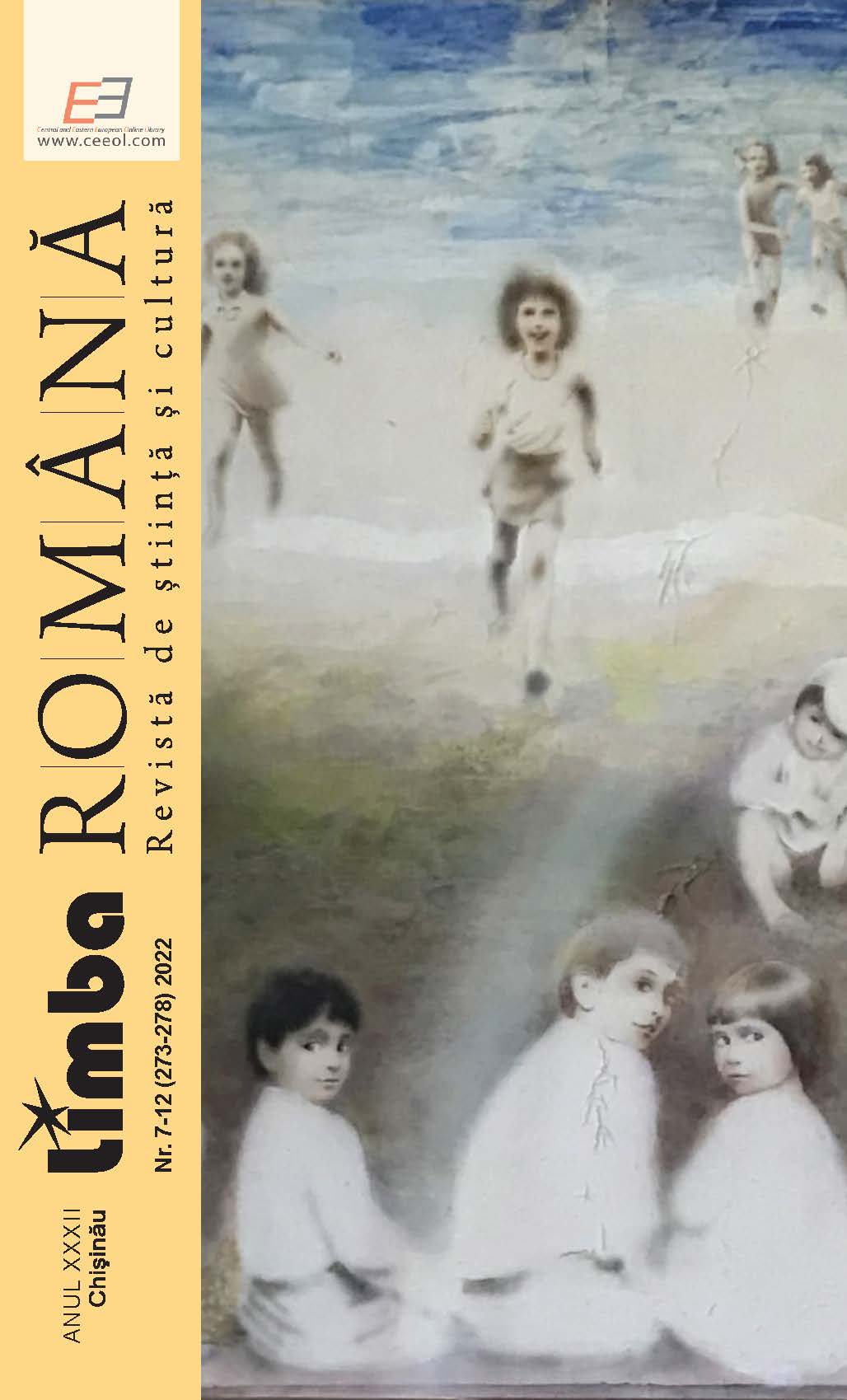Alexandru Hangerli – un principe filolog (Αλέξανδρος Χαντζερής: 1759-1854)
Alexandru Hangerli – a philologist prince (Αλέξανδρος Χαντζερης: 1759-1854)
Author(s): Vlad MischevcaSubject(s): Cultural history, Studies of Literature, Local History / Microhistory, Political history, Lexis, 18th Century, 19th Century, Philology
Published by: Revista de știință și cultură ”Limba Română”
Keywords: Alexandre Hangerli (Handjйri); Nicholas I; Phanariotes; Dragoman; Dictionary; Romanian Principalities; Ottoman Empire;Russian Empire; Oriental Lexicology;
Summary/Abstract: In the line of Phanariot fi gures Alexandre Hangerli (Handjeri, Αλέξανδρος Χαντζερής: 1759-1854) was a ruler of Moldova, about whose reign nothing else can be said other than – an ephemeral, nominal and short-livedreign, but which left a mark in the development of oriental lexicology in the 19th century, being highly appreciated also for his long life and full of events and political implications. Al. Hangerli was born in Constantinople in 1759 or 1760, (although there are other birth dates) and was a Greek Phanariot – scholar, writer, prince («hospodar») of Moldova and Dragoman(interpreter) in the Ottoman Empire. He knew French thoroughly and spoke it fluently, which encouraged him to devote his free time to writing a French-Arabic-Persian-Turkish Dictionary, which was published in Moscow in 1840 (in three volumes). This work, which achieved well-deserved success in Turkey and throughout Europe as the literal translation of the Dictionary of the French Academy (1798), was a difficult achievement and required not only special knowledge but long and hard work. Thus, thanks to perseverance and hard work, this personality of our common history – Romanian-Hellenic – became one of the Phanariot prince, who stood out not so much for their political role, quite effervescent and contradictory, moreover, but ephemeral, but for serving in the realm of muses, philological and lexicographical research. Alexandre Hangerli was the ruler who had not actually reigned in Moldova (1807), but who stands out for his longevity (about 95 years), in an era full of wars and social and political transformations in Europe, of the transition to modernity in The Romanian Principalities, but especially through his magisterial work – the Multilingual Dictionary, published in the middle of the 19th century.
Journal: Revista de știință și cultură ”Limba Română”
- Issue Year: XXXII/2022
- Issue No: 7-12
- Page Range: 383-394
- Page Count: 12
- Language: Romanian

